India-Japan: opposites that attract
The reason for the two countries’ continued good relationship? They share strategic interests and universal values even if they have divergent ways of thinking
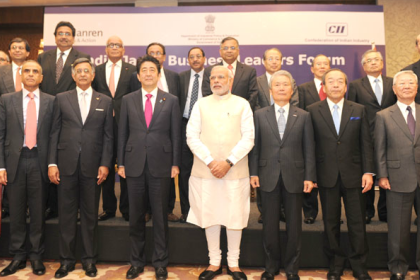 Courtesy: PM India
Courtesy: PM India
The reason for the two countries’ continued good relationship? They share strategic interests and universal values even if they have divergent ways of thinking
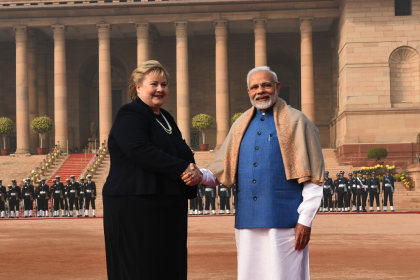 Courtesy: MEA Flickr
Courtesy: MEA Flickr
Norwegian prime minister Erna Solberg’s visit to India earlier this week had a central focus: strengthening economic and technological cooperation in the Blue Economy. This is an area in which her country has considerable expertise and with which Indian business needs to collaborate in managing industries, such as oil, shipping, fisheries and aquaculture in a ‘green’ way
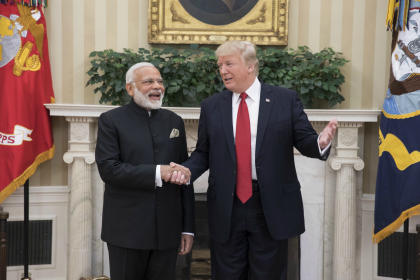 Courtesy: MEA Flickr
Courtesy: MEA Flickr
The imperative for India to move away from its non-aligned posture is now, especially if it wants to be consequential in the global reordering underway. This will play out in the contention between the U.S. on one side, and China and Russia on the other.
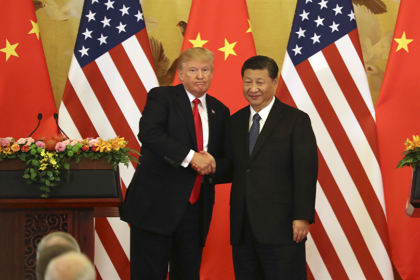 Courtesy: Sputnik News
Courtesy: Sputnik News
Speakers at the seventh Atlantic Dialogues, held in Morocco earlier this month, discussed what the challenge to western dominance and China’s expansionism meant for their political and economic future
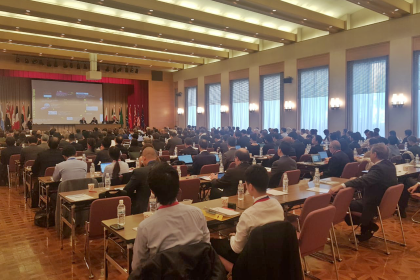 Courtesy: Gateway House
Courtesy: Gateway House
The Think20 Inception conference, held in Tokyo on December 4-5, 2018, kicked off the research process for 2019 for the leading think tanks from G20 countries that work on issues of global economic governance. The author participated in the conference as an observer.
Academic and columnist M.D. Nalapat, in this interview with Manjeet Kripalani, speaks of how a tardy bureaucracy has brought about “a too-cautious” policy towards the U.S. and China as opposed to the former Gujarat chief minister’s greater openness in consulting people before handing over policy implementation to the bureaucracy. He also discusses the prime minister’s shrewd approach to South Asia, the dependable warmth of the Japanese and a range of other topics
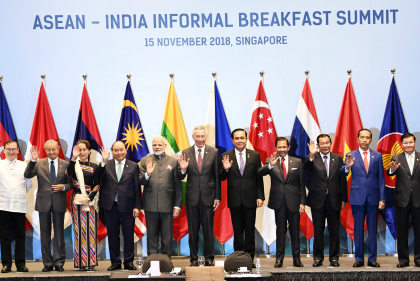 Courtesy: MEA/Flickr
Courtesy: MEA/Flickr
The following remarks were given by Ambassador Rajiv Bhatia, Distinguished Fellow, Foreign Policy Studies, Gateway House as a speaker at the ASEAN-India Business Summit on November 27, 2018.
 Courtesy: NTNU
Courtesy: NTNU
The emergence of the Fourth Industrial Revolution depends on the availability of rare- earth minerals, which occur extensively on the ocean floor of the Indo-Pacific. The technology to exploit this is available only to some countries currently: the global agreement on this must be fair and safeguard India’s future interests, says the author of this blog
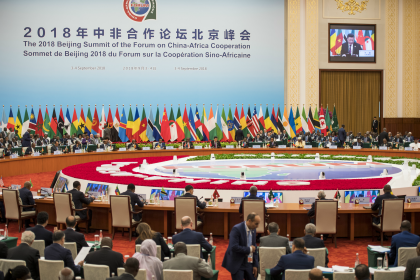 Courtesy: Flickr / Paul Kagame
Courtesy: Flickr / Paul Kagame
China’s footprint in the African continent is growing because it is a zealous summiteer. And now, in response to ‘debt-trap’ criticism, it also appears to be stressing private sector investment in Africa over loans and credit. Are there any takeaways for India in this?
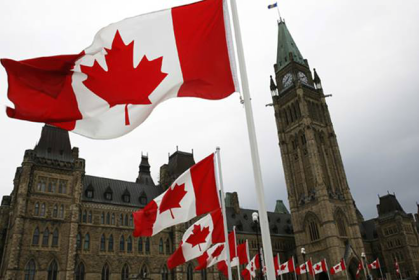 Courtesy: Financial Express
Courtesy: Financial Express
India can draw Canada in a new direction – away from its trans-Atlantic fixation, into the Indo-Pacific and a tech and resources partnership that will benefit both democracies